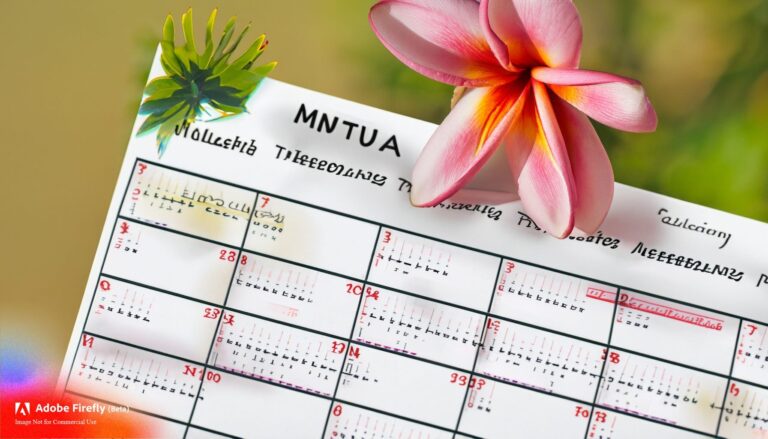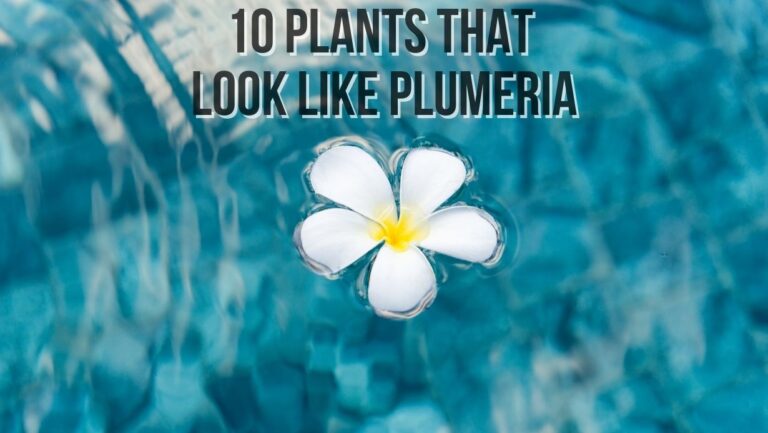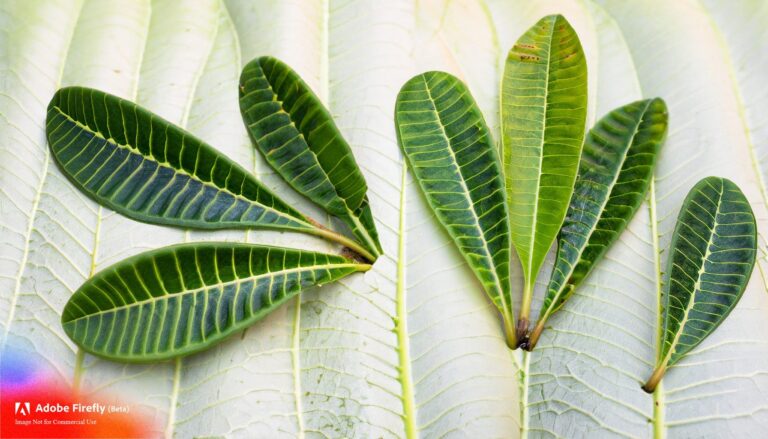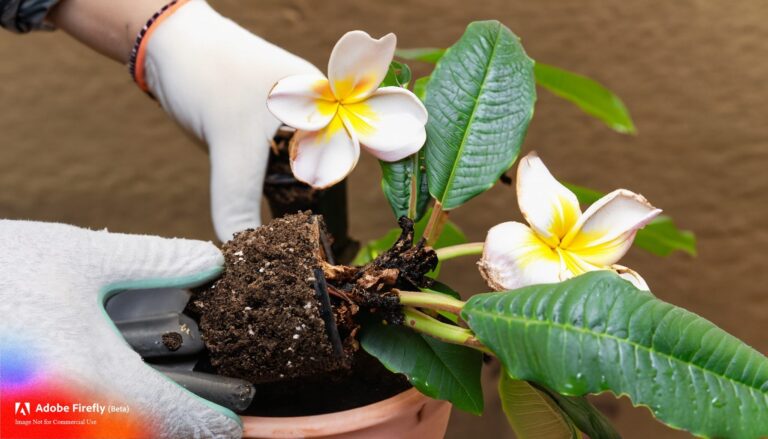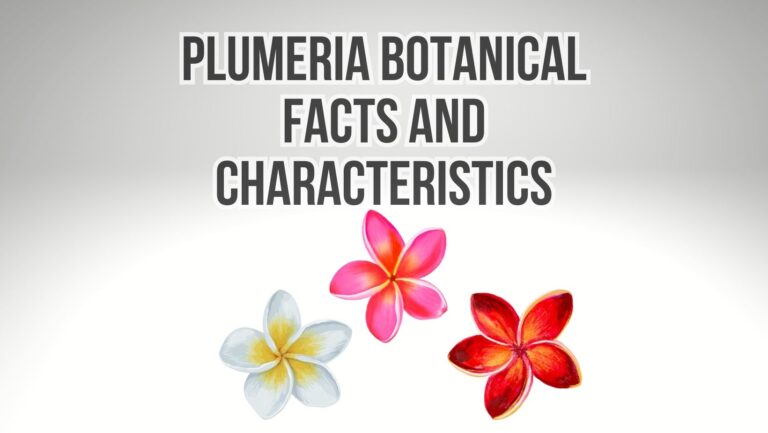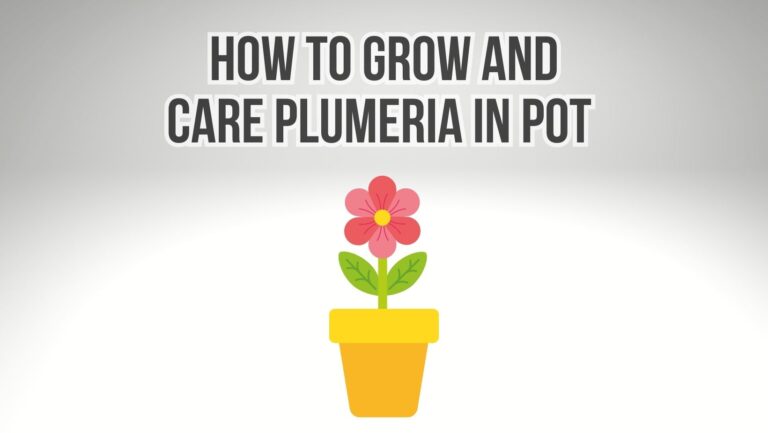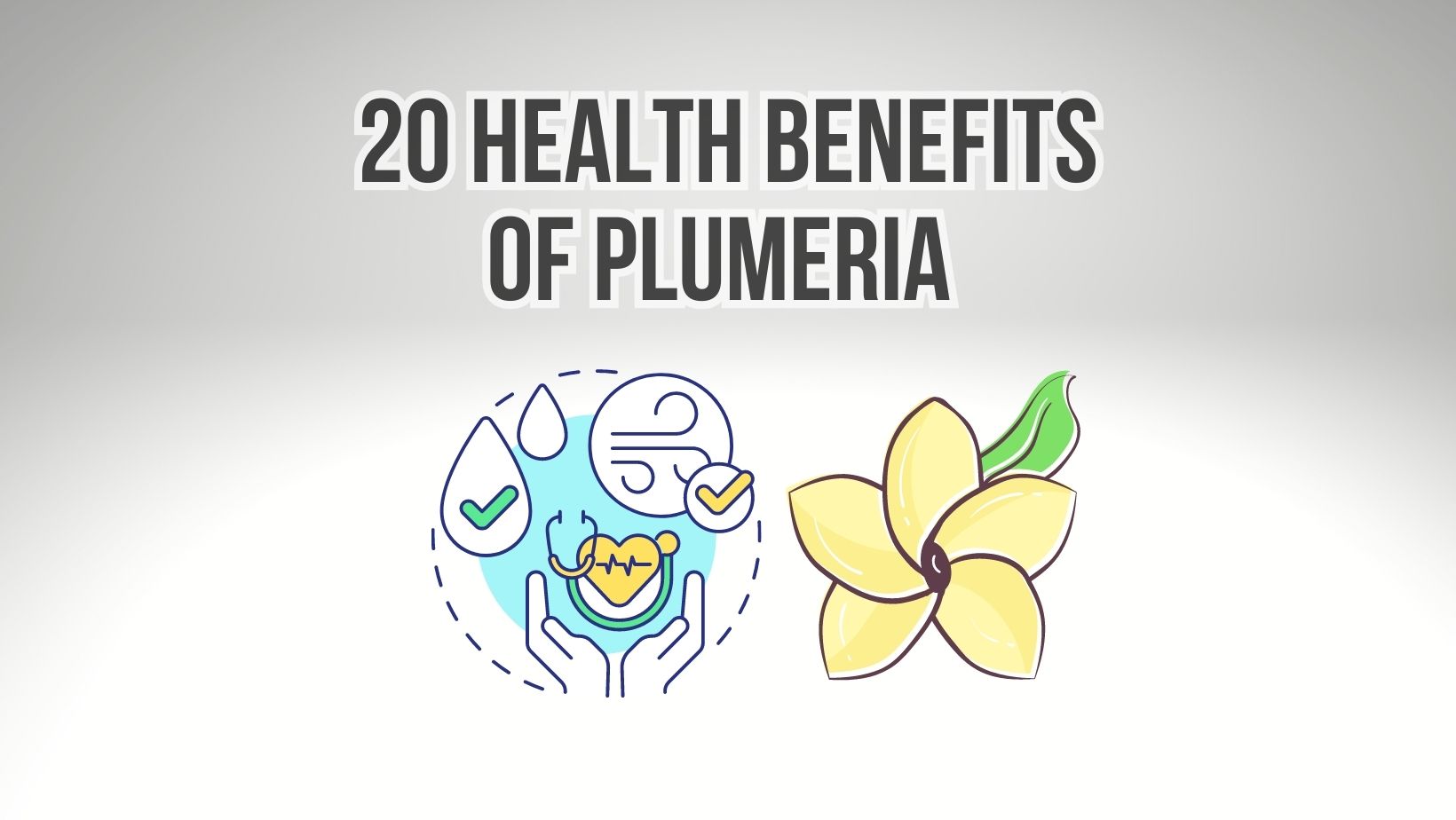
While plumeria flowers are admired for their beauty and fragrance, their potential health benefits have not been extensively studied or scientifically validated. It’s important to note that the information provided here is based on traditional beliefs and practices, and further research is needed to confirm these claims. It’s always recommended to consult with a healthcare professional before using any plant for medicinal purposes. With that in mind, here are some of the potential health benefits associated with plumeria:
- Fever Reduction: Plumeria is believed to have fever-reducing properties. It is thought to help regulate body temperature and provide relief from fevers.
- Digestive Health: Plumeria flowers may have digestive benefits, including the potential to alleviate diarrhea and support digestive function. They are thought to have a soothing effect on the digestive system.
- Lung Cleansing: Plumeria is believed to have properties that support lung health and may aid in cleansing the lungs.
- Detoxification: Plumeria is thought to have detoxifying properties, helping to eliminate toxins from the body and support overall detoxification processes.
- Skin Care: Plumeria flowers are often used in skincare products due to their potential soothing and moisturizing properties. They may help nourish the skin and promote a healthy complexion.
- Aromatherapy: The fragrance of plumeria flowers is often used in aromatherapy for its calming and relaxing effects. The scent is believed to help reduce stress and promote a sense of well-being.
- Antioxidant Properties: Plumeria flowers may contain antioxidants, which can help protect the body against free radicals and oxidative stress.
- Anti-inflammatory Effects: Some traditional practices suggest that plumeria may possess anti-inflammatory properties, which could potentially help reduce inflammation in the body.
- Sedative Properties: The aroma of plumeria is believed to have sedative effects, promoting relaxation and aiding in sleep.
- Wound Healing: Plumeria flowers may have properties that support wound healing. Traditional practices involve applying plumeria extracts or poultices to wounds to help accelerate the healing process.
- Antimicrobial Activity: Plumeria extracts have been traditionally used for their potential antimicrobial properties, which could help inhibit the growth of certain microorganisms.
- Anti-anxiety Effects: The fragrance of plumeria is often associated with calming and soothing effects, potentially helping to reduce anxiety and promote relaxation.
- Blood Pressure Regulation: Plumeria is believed to have properties that can help regulate blood pressure levels, although further research is needed to confirm this claim.
- Menstrual Health: Some traditional practices suggest that plumeria may have benefits for women’s menstrual health, potentially helping to regulate menstrual cycles and alleviate related discomfort.
- Antispasmodic Effects: Plumeria is thought to have antispasmodic properties, which could potentially help relieve muscle spasms or cramps.
- Respiratory Health: Plumeria is believed to have respiratory benefits, potentially providing relief from respiratory conditions such as coughs and congestion.
- Anti-diabetic Effects: Plumeria has been traditionally used for its potential anti-diabetic properties, although scientific evidence is limited, and further research is needed to support these claims.
- Immune System Support: Plumeria flowers may contain certain compounds that could potentially support the immune system and enhance its function.
- Anti-cancer Potential: Some studies suggest that certain compounds found in plumeria may have anti-cancer properties, but further research is required to explore this potential benefit.
- Relaxation and Well-being: Plumeria is often associated with promoting relaxation, reducing stress, and enhancing overall well-being. The pleasant fragrance and calming properties of plumeria are thought to contribute to these effects.
It’s important to emphasize that these potential health benefits are based on traditional beliefs and practices, and scientific evidence supporting them is limited. Before using plumeria or any other plant for medicinal purposes, it is advisable to consult with a healthcare professional or practitioner who can provide personalized guidance and ensure your safety and well-being.

